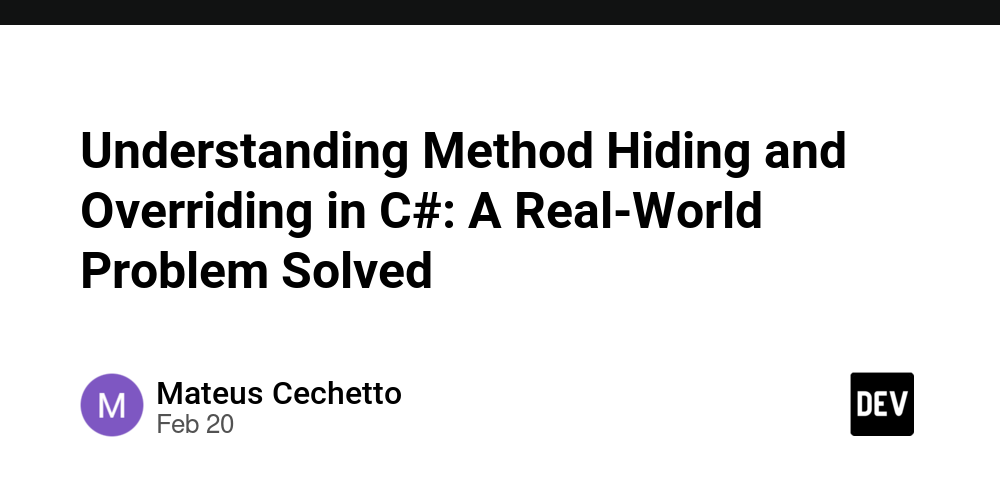The AI Coding Craze: Are We Dumbing Down, or Just Speeding Up?
The internet is buzzing about AI code generators, and while the initial excitement is understandable, I'm starting to feel a little uneasy. It's not that I think the sky is falling, or that we're all doomed to become mindless automatons. But I do worry that we're sacrificing deep understanding for the sake of quick results, and that could have some serious repercussions if we aren't careful. Remember the days when writing even a basic program like "Hello World" felt like a monumental achievement? You had to wrestle with syntax, understand the logic, and painstakingly debug every little error. But beyond the syntax, planning how that "Hello World" program would work, envisioning potential issues, and considering different approaches – that's where the learning happened. That iterative process of "inspect and adapt," that essential learning loop, created genuine knowledge. Now, you can simply type a prompt and, poof, a functional piece of code appears. While that efficiency is tempting, are we really learning anything in the process? Are we building a solid foundation of coding knowledge, or just skimming the surface with AI training wheels? This isn't about being a Luddite and rejecting progress, it's about ensuring that we're not trading long-term skills for short-term gains. From "Hello World" to "Vibecoding": The Evolution of Superficial Expertise We've witnessed a disturbing trend in the tech world: the rise of superficial expertise. It started with the "Hello World" culture, where a basic understanding of coding was enough to posture as a seasoned developer. Then came the "YouTube Gatekeeper" era, where individuals with a surface-level grasp of a subject monetized their knowledge, presenting themselves as gurus and profiting from the ignorance of others. Now, we're seeing the crypto bros riding the "vibecoding" train, promising effortless riches through AI-generated code. This latest iteration is perhaps the most dangerous, as it combines the allure of quick profits with the illusion of technical mastery. These "vibecoders" often lack a fundamental understanding of programming principles, yet they confidently promote AI tools as a shortcut to success, preying on the desire for instant gratification and financial gain. This culture of superficial expertise not only devalues genuine skill and knowledge, but it also creates a breeding ground for misinformation and potentially harmful practices. Ensuring Accountability in an AI-Driven World The real problem isn't the existence of AI coding tools, but the potential for misuse and the lack of accountability. Think about it: if an AI generates flawed code that causes a major system failure, who is responsible? The user who entered the prompt? The developers who created the AI? Or is it just an unavoidable consequence of using advanced technology? We need to start thinking about these questions now, before the problems become widespread. We need clear guidelines and regulations for the use of AI in coding, especially in critical areas like infrastructure, healthcare, and finance. These AI tools should be thought of not as the end-all-be-all solution, but as more of a stepping-stone to work along, with a qualified human present. Imagine the difference between having someone who has a true comprehension of their project utilizing an AI, verse someone who knows nothing about the project being completed trying to prompt their way through the entire task. We need to prioritize education and training. We should all focus on building a strong understanding of the fundamentals, not just relying on AI to spit out code we don't comprehend. In doing that, the people using these tools would then be responsible for the code and any errors that incur. After all, someone must own the damages these 'products' cause, if they do go wrong.
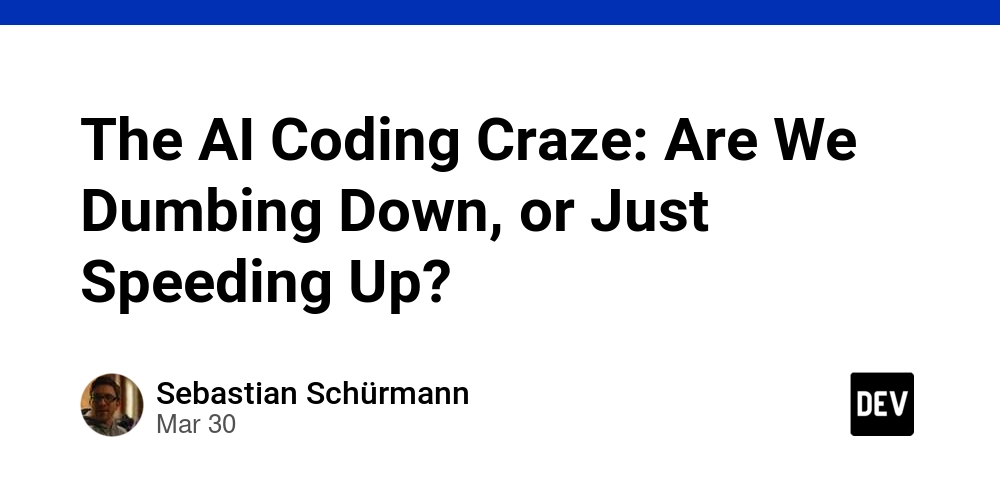
The internet is buzzing about AI code generators, and while the initial excitement is understandable, I'm starting to feel a little uneasy. It's not that I think the sky is falling, or that we're all doomed to become mindless automatons. But I do worry that we're sacrificing deep understanding for the sake of quick results, and that could have some serious repercussions if we aren't careful. Remember the days when writing even a basic program like "Hello World" felt like a monumental achievement? You had to wrestle with syntax, understand the logic, and painstakingly debug every little error. But beyond the syntax, planning how that "Hello World" program would work, envisioning potential issues, and considering different approaches – that's where the learning happened. That iterative process of "inspect and adapt," that essential learning loop, created genuine knowledge. Now, you can simply type a prompt and, poof, a functional piece of code appears. While that efficiency is tempting, are we really learning anything in the process? Are we building a solid foundation of coding knowledge, or just skimming the surface with AI training wheels? This isn't about being a Luddite and rejecting progress, it's about ensuring that we're not trading long-term skills for short-term gains.
From "Hello World" to "Vibecoding": The Evolution of Superficial Expertise
We've witnessed a disturbing trend in the tech world: the rise of superficial expertise. It started with the "Hello World" culture, where a basic understanding of coding was enough to posture as a seasoned developer. Then came the "YouTube Gatekeeper" era, where individuals with a surface-level grasp of a subject monetized their knowledge, presenting themselves as gurus and profiting from the ignorance of others. Now, we're seeing the crypto bros riding the "vibecoding" train, promising effortless riches through AI-generated code. This latest iteration is perhaps the most dangerous, as it combines the allure of quick profits with the illusion of technical mastery. These "vibecoders" often lack a fundamental understanding of programming principles, yet they confidently promote AI tools as a shortcut to success, preying on the desire for instant gratification and financial gain. This culture of superficial expertise not only devalues genuine skill and knowledge, but it also creates a breeding ground for misinformation and potentially harmful practices.
Ensuring Accountability in an AI-Driven World
The real problem isn't the existence of AI coding tools, but the potential for misuse and the lack of accountability. Think about it: if an AI generates flawed code that causes a major system failure, who is responsible? The user who entered the prompt? The developers who created the AI? Or is it just an unavoidable consequence of using advanced technology? We need to start thinking about these questions now, before the problems become widespread. We need clear guidelines and regulations for the use of AI in coding, especially in critical areas like infrastructure, healthcare, and finance. These AI tools should be thought of not as the end-all-be-all solution, but as more of a stepping-stone to work along, with a qualified human present. Imagine the difference between having someone who has a true comprehension of their project utilizing an AI, verse someone who knows nothing about the project being completed trying to prompt their way through the entire task. We need to prioritize education and training. We should all focus on building a strong understanding of the fundamentals, not just relying on AI to spit out code we don't comprehend. In doing that, the people using these tools would then be responsible for the code and any errors that incur. After all, someone must own the damages these 'products' cause, if they do go wrong.






















































.jpg)
%20Abstract%20Background%20112024%20SOURCE%20Amazon.jpg)


















































































































![[The AI Show Episode 142]: ChatGPT’s New Image Generator, Studio Ghibli Craze and Backlash, Gemini 2.5, OpenAI Academy, 4o Updates, Vibe Marketing & xAI Acquires X](https://www.marketingaiinstitute.com/hubfs/ep%20142%20cover.png)















































































































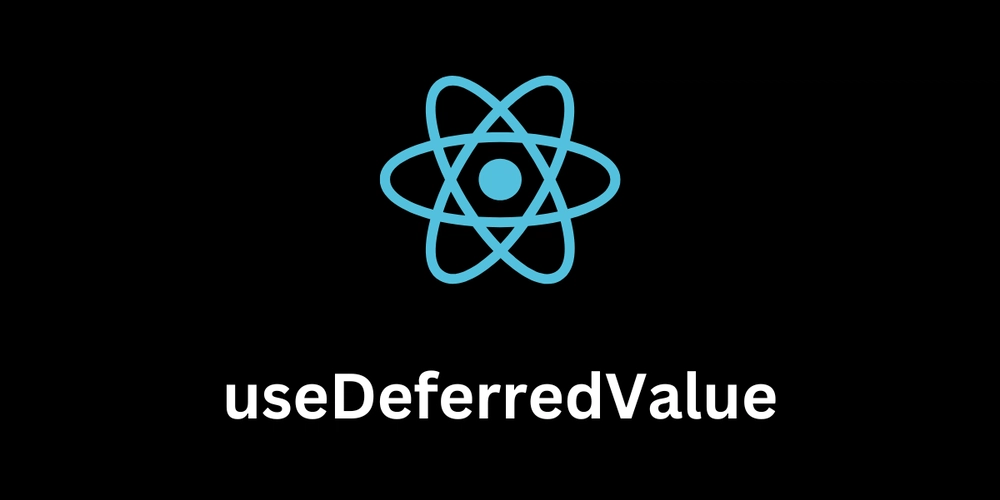
















![From drop-out to software architect with Jason Lengstorf [Podcast #167]](https://cdn.hashnode.com/res/hashnode/image/upload/v1743796461357/f3d19cd7-e6f5-4d7c-8bfc-eb974bc8da68.png?#)

































































































































![Rapidus in Talks With Apple as It Accelerates Toward 2nm Chip Production [Report]](https://www.iclarified.com/images/news/96937/96937/96937-640.jpg)










_Christophe_Coat_Alamy.jpg?#)




















































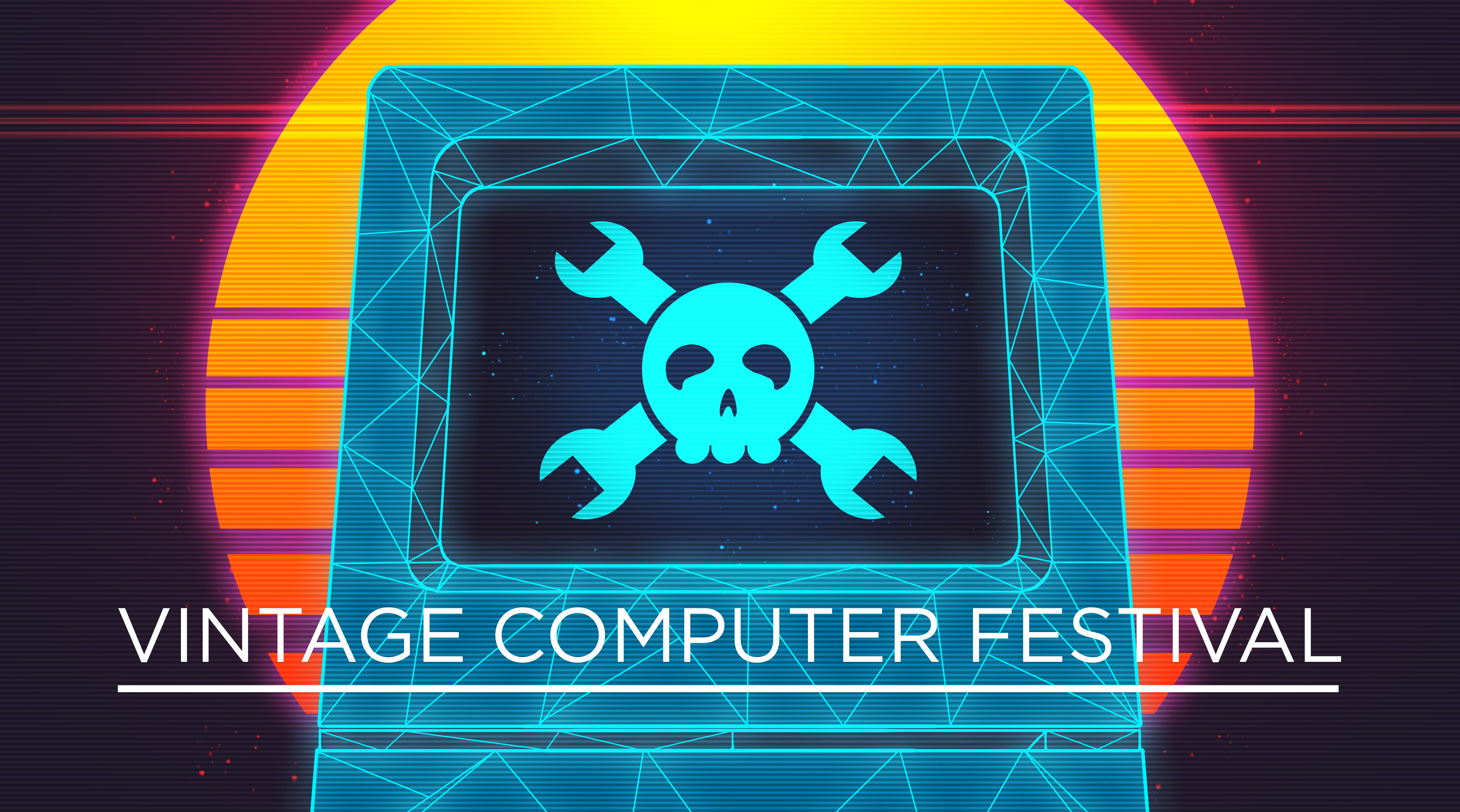



















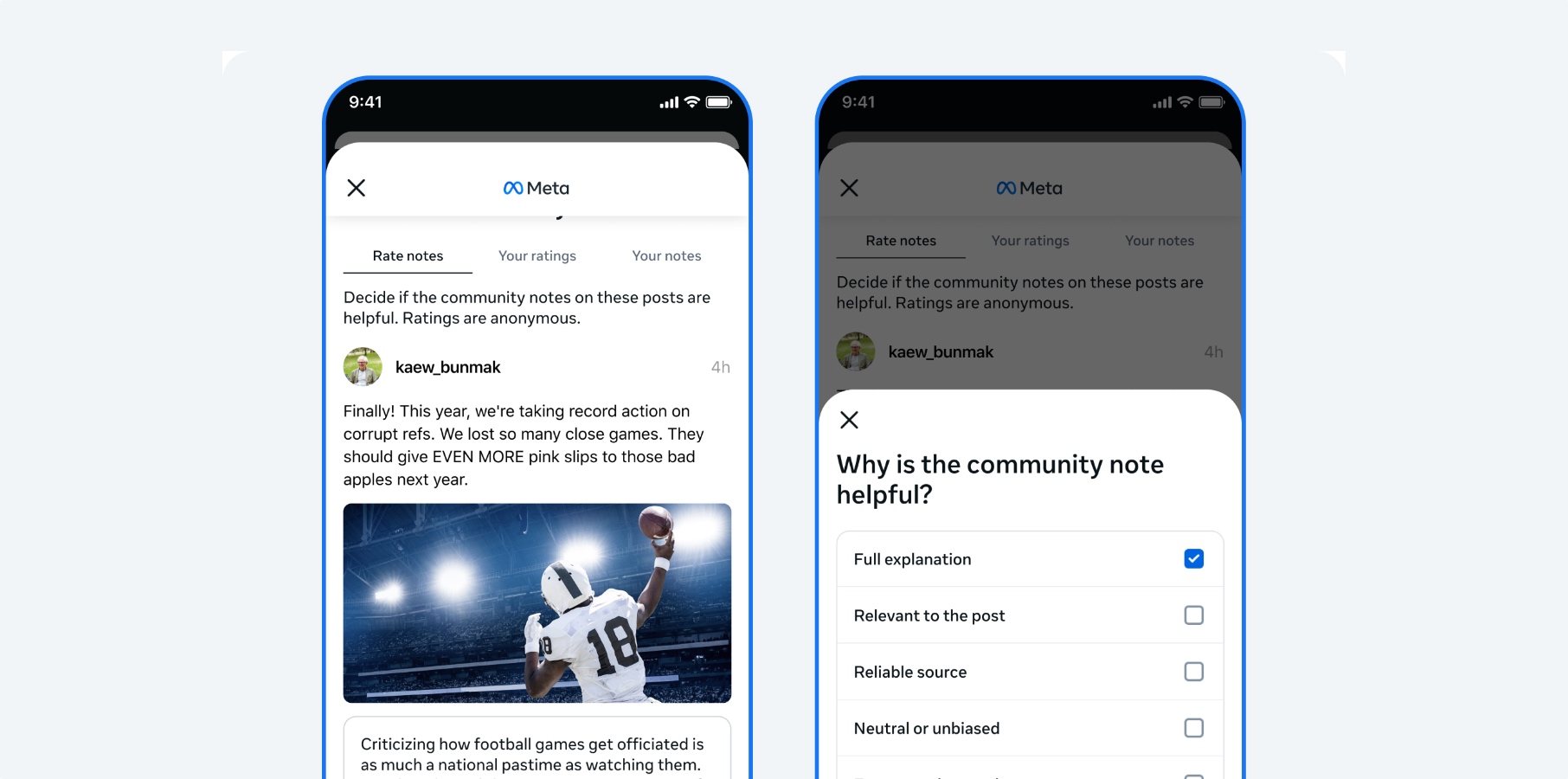






















![This is Apple’s unreleased 10th anniversary Apple Watch band [Gallery]](https://i0.wp.com/9to5mac.com/wp-content/uploads/sites/6/2025/04/apple-watch-celebration-band0000-2.jpg?resize=1200%2C628&quality=82&strip=all&ssl=1)
















































































































































